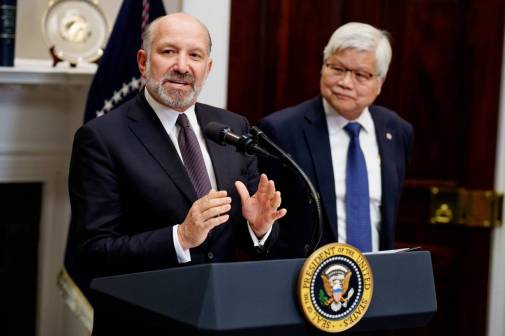U.S. attorney subpoenas Cover Oregon documents

The U.S. attorney’s office has subpoenaed communications and other state records related to Cover Oregon, the plagued health insurance exchange that failed to enroll a single user, despite receiving hundreds of millions of dollars in federal money.
This is the latest blow for the Oregon exchange, which has already seen an internal state investigation, received notice of a coming probe from the federal Government Accountability Office and saw a number of top officials lose their jobs.
“We will work collaboratively with the U.S. attorney’s office to provide any and all information we have and make any and all staff available to assist,” said a joint statement from Cover Oregon and the Oregon Health Authority, which both received the subpoenas and must provide the documentation no later than June 6.
The requests focus on the early technology development of the site and demand records of communications between state officials involved in developing the website, five of whom have resigned. They include Bruce Goldberg, former head of the Oregon Health Authority; Rocky King, former Cover Oregon executive director; and Carolyn Lawson, the health authority’s former chief information officer.
The subpoenas also demand communications records with the federal government and Exeter Group Inc., a Boston-based software company that told Oregon it had an already-built, inexpensive exchange that could plug into the state’s existing technology.
At the core of the problem is the $134 million in federal funds the state paid its contractor, Oracle Corp., to build the site, which never allowed citizens to enroll in a single sitting, instead having to use a process including paper submissions.
Oregon was one of 15 states that decided to build its own exchange instead of initially going with the federal model, but has since joined the federal exchange. The states that built their own platforms have had varying rates of success, with some, such as Kentucky and California, flourishing, while those in Oregon, Nevada and Maryland are struggling.
Despite its challenges, Oregon was able to enroll about 280,000 Oregonians in coverage through Cover Oregon. An estimated 81,000 of those enrolled in private health plans, while about 199,000 enrolled in the Oregon Health Plan, the state’s version of Medicaid.






